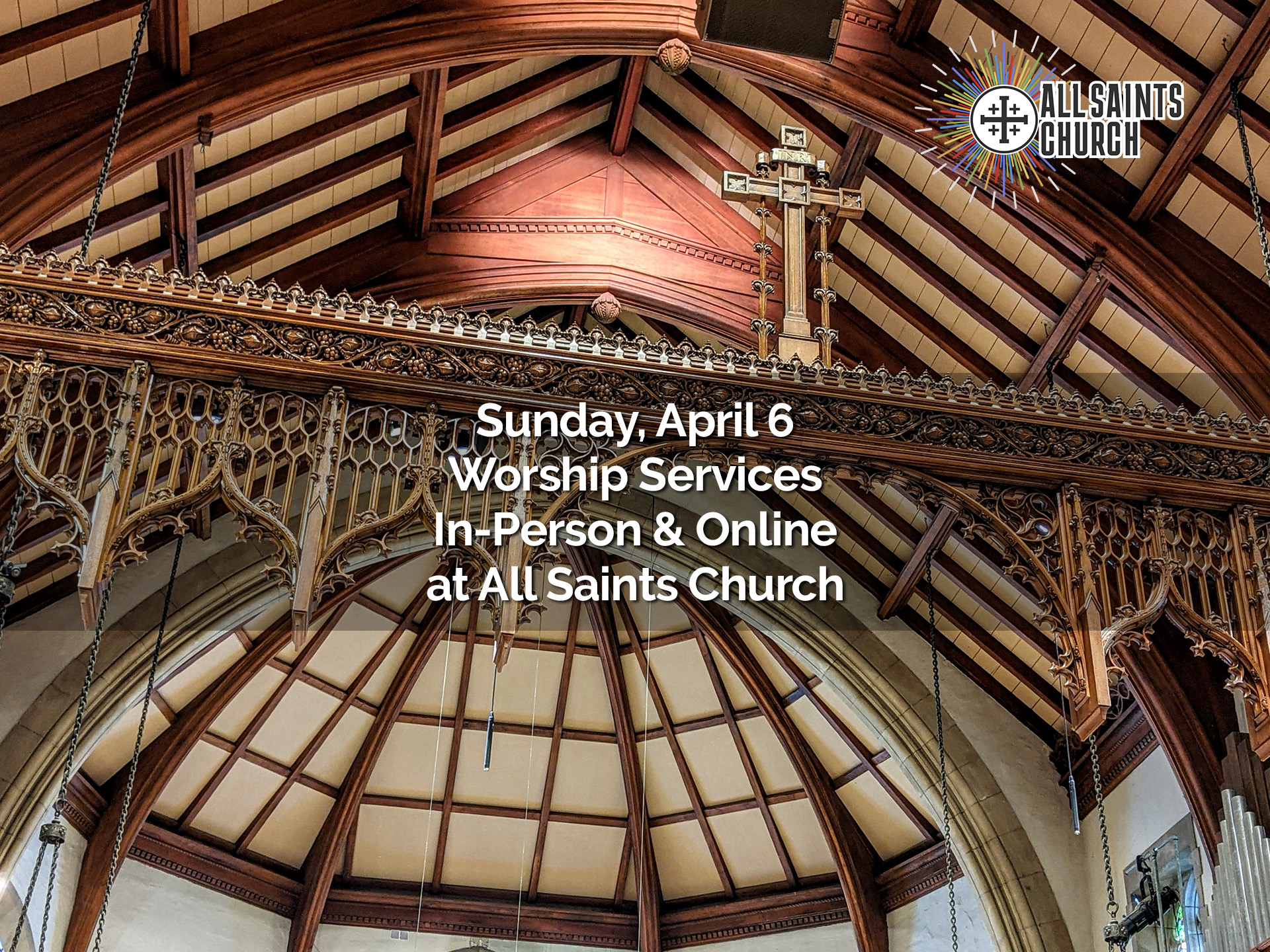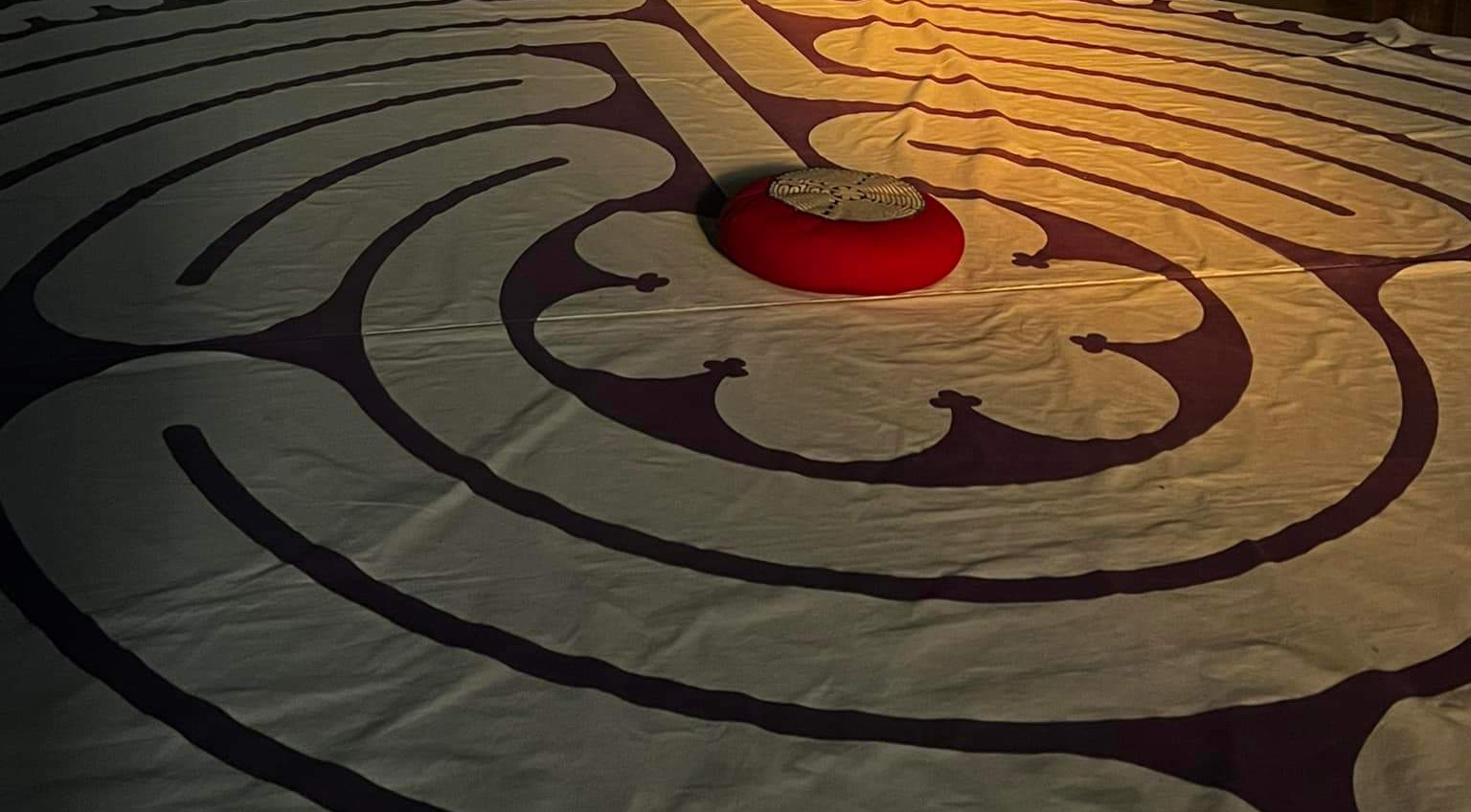The Gospel isn’t meant to be gulped down on Sunday morning, but gnawed on through the week so it really becomes a part of us. You’ve got to work at it, like a dog with a good bone! Here’s the Gospel for this coming Sunday — The Third Sunday in Lent — with food for thought about judgement. Gnaw away!
Third Sunday of Lent – Luke 13:1-9
On the same occasion, there were people present who told Jesus about some Galileans whose blood Pilate had mixed with their own sacrifices.
Jesus replied, “Do you think these Galileans were the greatest sinners in Galilee just because they suffered this? Not at all! I tell you, you’ll all come to the same end unless you change your ways.” Or take those eighteen who were killed by a falling tower in Siloam. Do you think they were more guilty than anyone else who has lived in Jerusalem? Certainly not! I tell you, you’ll all come to the same end unless you change your ways.”
Jesus told this parable: “There was a fig tree growing in a vineyard. The owner came out looking for fruit on it but didn’t find any. The owner said to the vine dresser, ‘Look here! For three years now I’ve come out in search of fruit on this fig tree and have found none. Cut it down. Why should it clutter up the ground?’”
In reply, the vine dresser said, ‘Please leave it one more year while I hoe around it and fertilize it. If it bears fruit next year, fine; if not, then let it be cut down.’”
The Backstory – What’s Going On Here?
As with last Sunday’s Gospel, this passage comes in the middle of what is often referred to as the “travel narrative” in Luke — Jesus’ journey from Galilee to Jerusalem from 9:51-19:28. Jesus is beginning to use some very harsh language … language of judgment that evokes the words of the prophets. In Luke 12:35-48, Jesus talks about the need for the people to be watchful of the coming of the Chosen One and the punishments that await those who are not. In Luke 12:49-53, Jesus talks of “casting fire upon the earth” and bringing not peace but division. Chapter 12 ends with Jesus berating the people for not being able to interpret the signs of the times and finally concludes with a warning to the people about judgment using a bitter image of prison.
Chapter 13 is part of the same teaching and begins with a response by Jesus’ listeners. Jesus has just told them they are in need of repentance and to be ready to face judgment at any time — hard words to hear, so the people are looking for an out. They talk of a terrible event that happened — an act of incredible cruelty by the Roman governor, Pilate (echoing some of the punishment language Jesus had just used). The victims were people who were probably unsuspecting and, to the bystander, not especially deserving of punishment — much how Jesus’ listeners see themselves. So they ask Jesus if Pilate’s victims were worse sinners than they … hoping the answer is yes and Jesus will essentially say, “you don’t need to worry, it won’t be that bad for you.” But Jesus uses another example of sudden, seemingly unmerited tragedy to say, “sorry … you’re all in the same boat.”
It is clear that Jesus’ warning and condemnation is not about individual sin but about the nation. This becomes clear in his parable of the fig tree. The image of the fig tree is mentioned 32 times in the Bible with the majority of them referring to the whole people of Israel. The repentance — literally, the “turning around” — is needed by the entire nation. This sends a powerful message about the nature of Jesus’ messiahship. He is not the Messiah who delivers the righteous nation of Israel out of its exile under Roman rule but much more in the line of the prophets who convicted Israel of her turning from God.
A few things to chew on:
*”But that couldn’t mean ME, could it?” is something that often goes through our heads and hearts when we hear particularly difficult passages of scripture. We could read this narrowly as Jesus’ condemnation of the people of Israel, but that would be making the same mistake as the people who tried to get Jesus to say that the Galileans butchered by Pilate were worse sinners than they. Remember also that Luke’s Gospel is written not for a Jewish audience but for a Gentile one — an audience that was more likely to have advantages of power and privilege. The message is for them. Don’t think hard scriptures are only about those lower on the societal food chain. Examine your life. Are there things that you are able to hide from others because of your reputation or authority or privilege that you — even in your heart — tend to judge others for?
*Jazz trumpeter Terence Blanchard composed a beautiful jazz album called “A Tale of God’s Will” about his experience of Hurricane Katrina hitting his hometown of New Orleans. He called it that because after Katrina, that’s all that they were left with – faith and family. And with that they rebuilt. However, some high-profile religious figures framed it in terms of God’s judgment on evil people – a reaction we tend to see as pretty repulsive! But why do events like this happen? Why is there so much seemingly unmerited suffering in the world? Hint: You’re not going to find an easy answer to this one, we’ve all been struggling with it for millennia. There is a whole segment of theology called theodicy. If you’re interested in reading more about this, you can find an excellent brief overview of most of the theological positions here. One of the best books to read on the subject is by a longtime friend of All Saints Church, the Rev. Dr. Marilyn McCord Adams, called “Horrendous Evils and the Goodness of God.”
Try This:
Sometimes the worst judgment is the judgment we lay on ourselves. We limit our ability to do good and change the world for the better by assuming there are areas where we are incapable or, worse yet, beyond repair. But Jesus held out hope even for the fig tree that year after year had born no fruit. The first step in changing your life is being able to imagine yourself changed. This week, take a few minutes a day and think about a piece of yourself that needs change … then just imagine yourself as that person. What does it feel like? How do you feel about yourself as that person? Try to capture that feeling and live into it during the day.
The Nation and Fig Trees
“Cut it down! Why should it be wasting the soil?”
It is common to say that we are as divided as a nation as we have been since the Civil War. I’m not sure whether that’s true … or whether we are just more aware of our divisions than any time since then. Either way, when we live out of that place of division, we point fingers at each other. We blame the other political party. We blame immigrants. We blame the old. We blame the young. Our national discourse – if you can even cause it that – is all about fear and blame.
Our government has functionally ground to a halt … or maybe even has started moving backward.
Whatever the cause, it is obvious that the current situation is … well … fruitless.
In this week’s Gospel, Jesus has something to say about fruitlessness … specifically about a fig tree that doesn’t bear fruit. But as “The Backstory” states, what is at issue isn’t the dysfunction of one person or one group of people … but of the whole nation.
And that is what taking a scriptural look at the situation invites us into. How have we gotten into this situation together? And how can we get out of it together?
Corporate or national sin is an easy thing to separate ourselves from … but the message here is that we do it at our own peril. We can say, “but I didn’t vote for him” or “I didn’t have anything to do with that.” We are part of a society — and as much as we enjoy the privilege of that society we are also liable to the judgments of our society’s actions — and responsible to
be a part of repentance.
There is no doubt that we are at a time of crucial fruitlessness. And there is no doubt that the stakes are incredibly high … real, human stakes. Judgment is real. The very earth and our climate is already rendering judgment against us. And if fruit doesn’t come soon, a bad moon is going to rise.
But there is also no doubt that finger-pointing isn’t going to get it done. Without drawing false equivalencies, it is also true that we need to get busy coming together to confess it. And that starts with each one of us.
Repentance is a part of reconciliation. It comes after careful self-examination and confession of the brokenness of relationship that we have participated in. It involves repairing the breach, making reparation and living differently.
What actions of our society or nation do you believe need repentance? Where do we need to change as a people? How can we be a part of that repentance and change?
. . . . . . . . . . . . . . . . . . . . . .
Collect for Sunday
Pray this throughout the week as you gnaw on this Gospel.
Almighty God, you know that we have no power in ourselves to help
ourselves: Keep us both outwardly in our bodies and inwardly in our souls,
that we may be defended from all adversities which may happen to the body,
and from all evil thoughts which may assault and hurt the soul; through
Jesus Christ our Lord, who lives and reigns with you and the Holy Spirit,
one God, for ever and ever. Amen.



